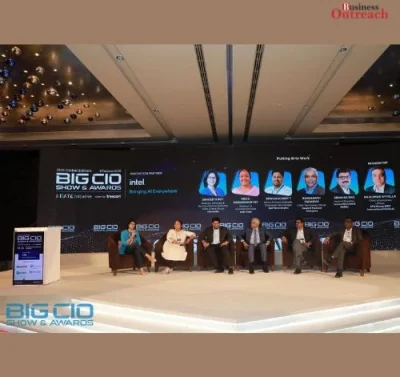As rents continue their upward trajectory in Dubai, tenants are adapting to the changing market landscape. An emerging trend sees many residents preferring online bank payments over traditional cheque payments for their monthly rent. This preference for digital rent transactions stems from both tenants’ and landlords’ perspectives.

From the tenants’ side, online payments offer more flexibility and convenience compared to post-dated cheques. For one, cheques require tenants to pay lump sums for multiple months upfront. This can strain cash flows, especially for those on tighter budgets. Online rent transfers allow splitting payments into smaller monthly instalments, easing financial planning. Another factor is the rising number of global professionals relocating to Dubai who may not have local bank accounts or cheque books upon arrival. For these newcomers, digital rent options provide seamless payment solutions.
Landlords are also receptive to online rent requests. According to property managers, established tenants with a track record of on-time payments are usually permitted bank transfers over cheques. This stems from the mutual trust built over time between tenants and landlords. Landlords also recognize special situations like tenants awaiting their Emirates IDs or chequebooks. Offering digital alternatives ensures timely rent collection despite document delays.
From a broader perspective, the shift reflects tenants’ changing payment preferences as digital services become more prevalent. Younger professionals especially have grown up with fintech and are comfortable managing finances online. Landlords adjusting to these tech-savvy habits helps attract and retain tenants. The transition also streamlines processes for property owners with international clients who may find cheques inconvenient.
The growing popularity of online rent payments is backed by the government’s efforts to digitize real estate transactions. In early 2023, Dubai’s Ejari platform integrated direct debit services from the Central Bank. This eliminated the need for tenants to submit multiple post-dated cheques annually. Instead, landlords can process recurring rent transfers directly from tenants’ accounts on scheduled due dates. The new system provides instant rent receipts and proof of payments for easy compliance with rules.
In time, digital rent is expected to account for nearly all rental transactions across Dubai. Only a small number of older tenants uncomfortable with fintech may continue paper-based payments. For the vast majority though, particularly the new generation, seamless online rent transfers will become the default standard practice.
The shift heralds Dubai’s arrival as a truly global smart city at the forefront of real estate modernization. Digital rent exemplifies how technology is revolutionizing traditional industries to cater to evolving consumer habits and preferences. It strengthens Dubai’s value proposition for both tenants and investors drawn by accessibility, efficiency and innovation.
As real estate underpins much of Dubai’s thriving economy, the sector’s digitization bodes well for the emirate’s ambitious vision. With online rent now becoming the norm, landlords and tenants alike can look forward to reaping the associated rewards for years to come. Dubai continues setting the benchmark for excellence through pioneering adaptations that cement its position as the smartest city of the future.















